About Gerald L. Maatman, Jr.
Throughout nearly four decades practicing law, Jerry has defended some of the most significant bet-the-company cases ever filed against corporate America. He has represented companies, executive teams, and boards across the country in class action litigation, ranging in size from hundreds to tens of thousands of claims by employees. As such, he has seen virtually every litigation challenge conceivable. He approaches each case by owning the problem and viewing it from the client's perspective. By understanding and prioritizing his clients' objectives and goals, Jerry is able to solve exceptionally complex legal issues in an efficient and capable manner. His are the hands clients want on the steering wheel of the defense of their significant litigation.


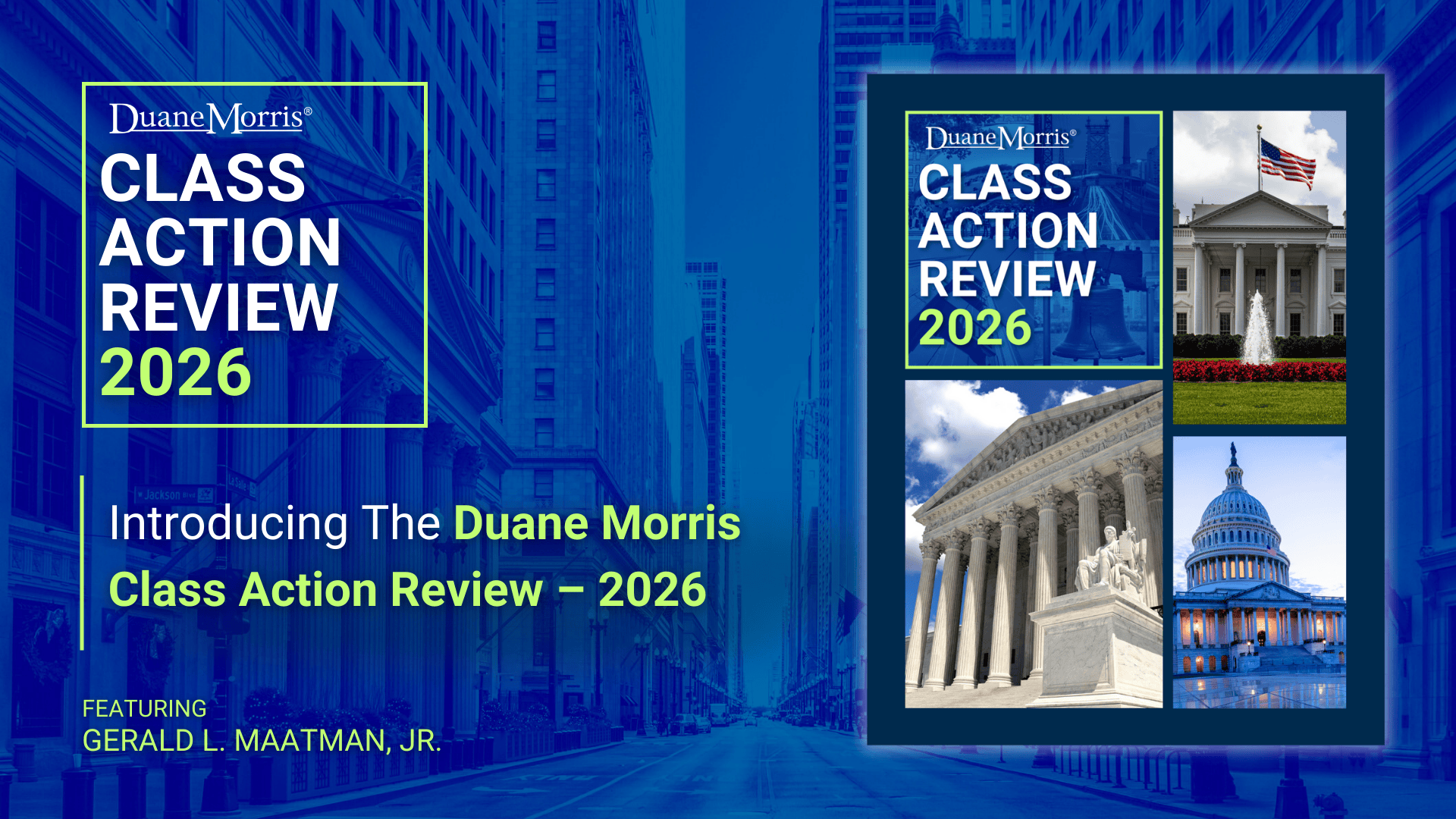

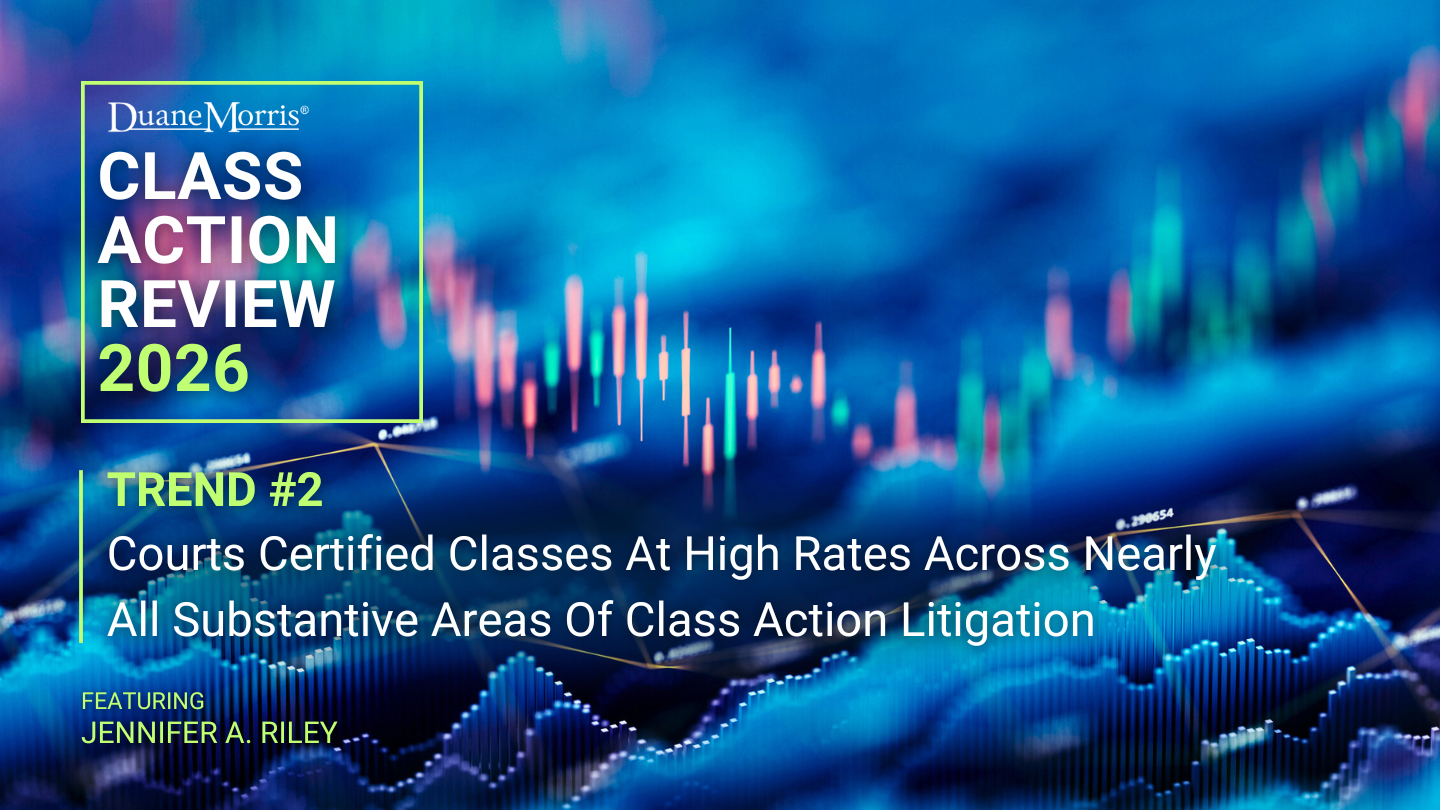



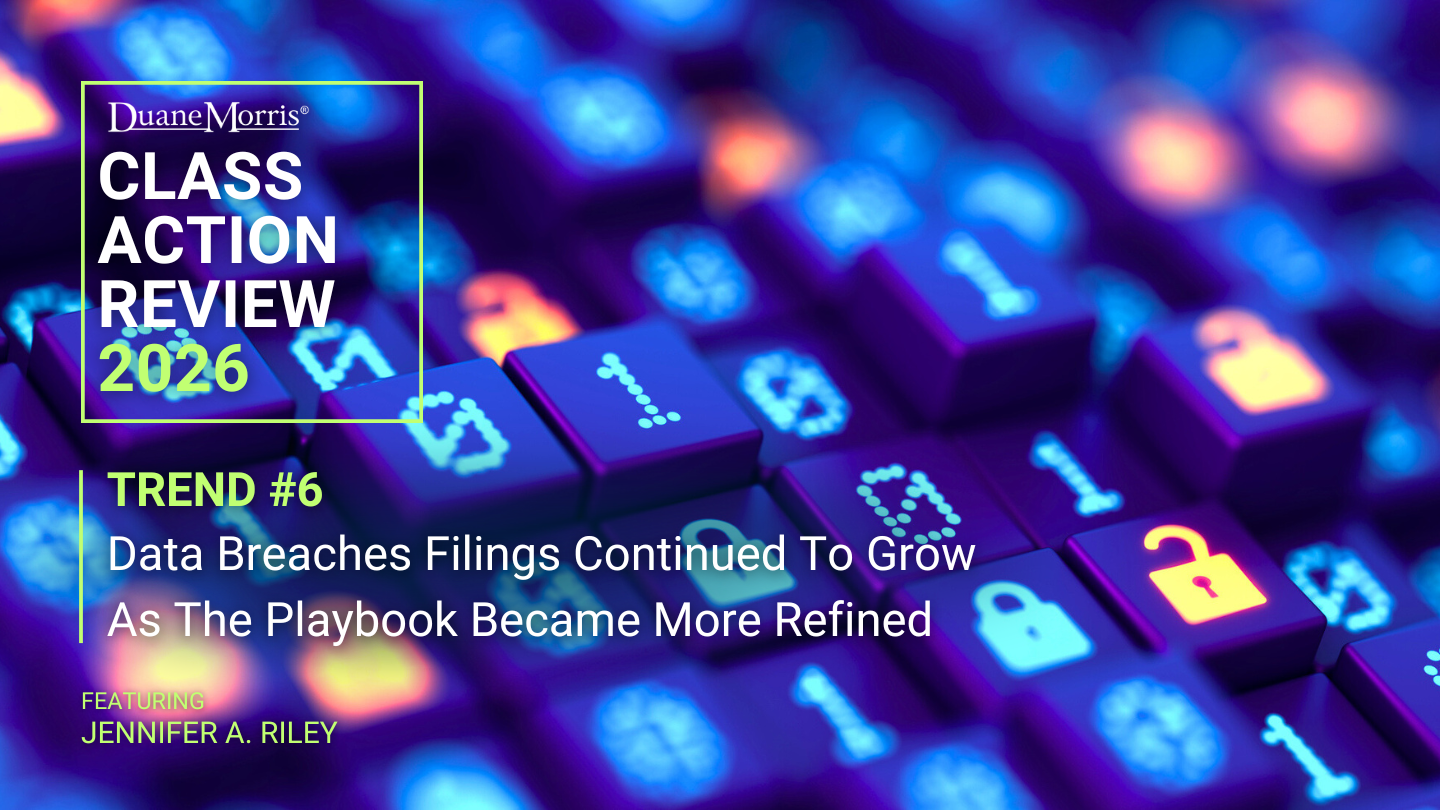
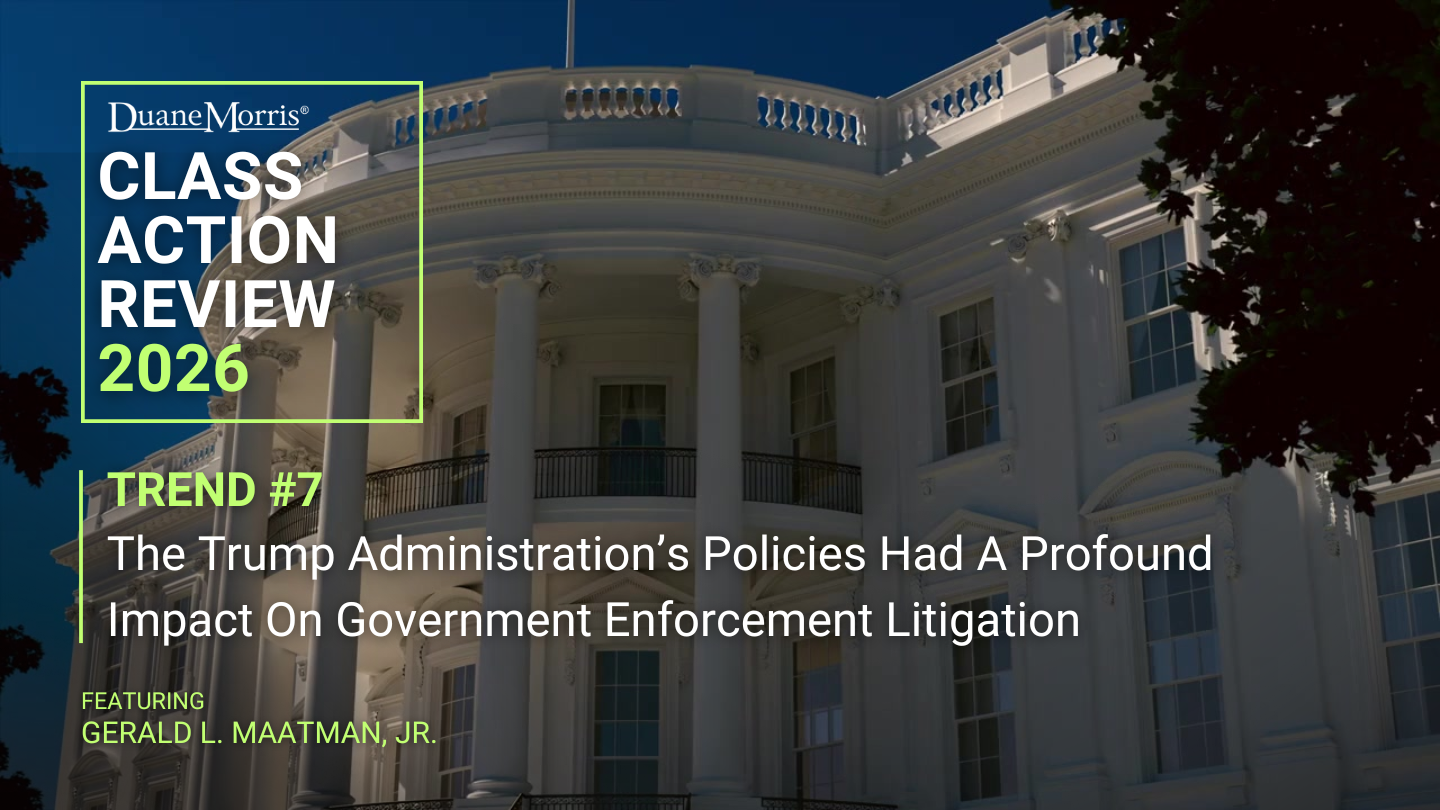
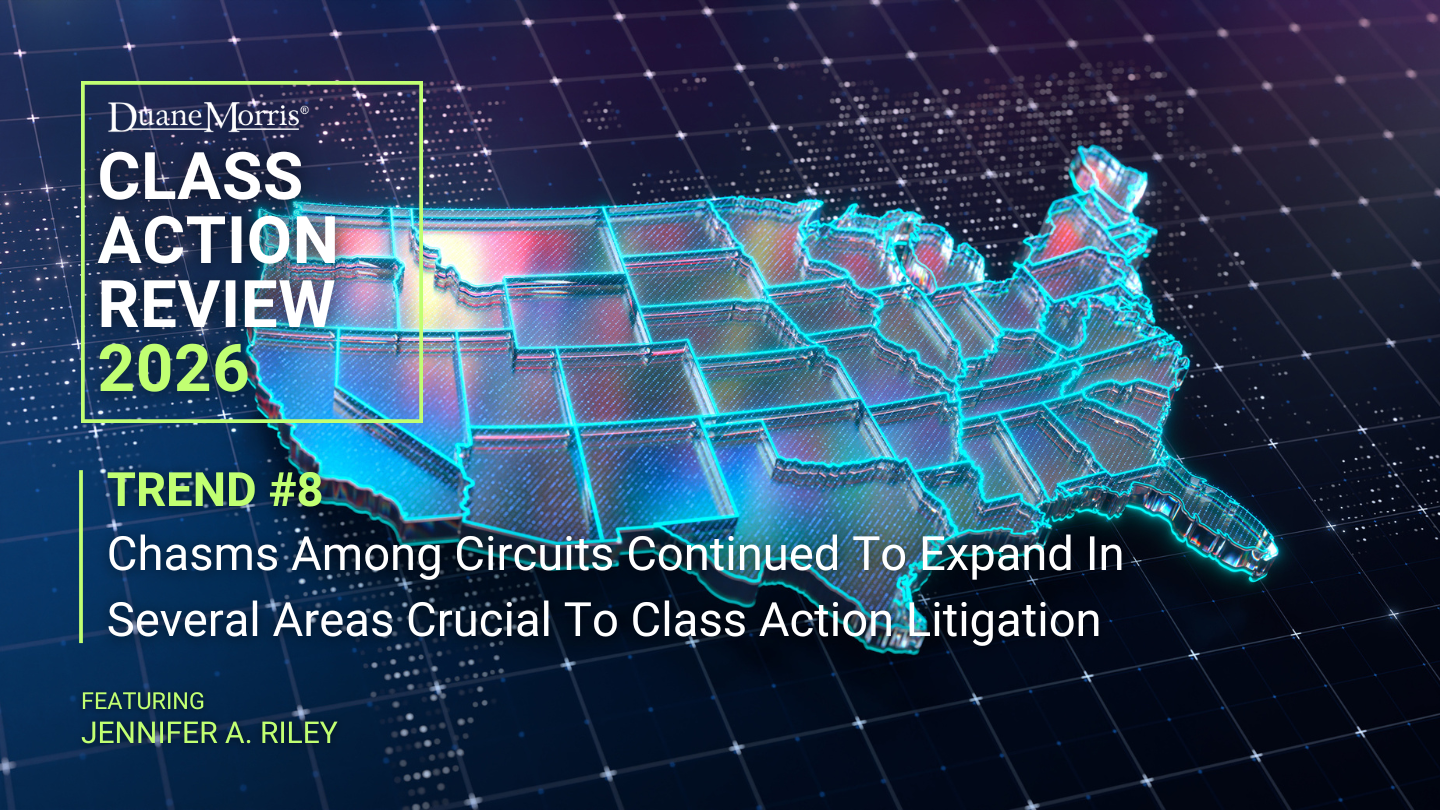

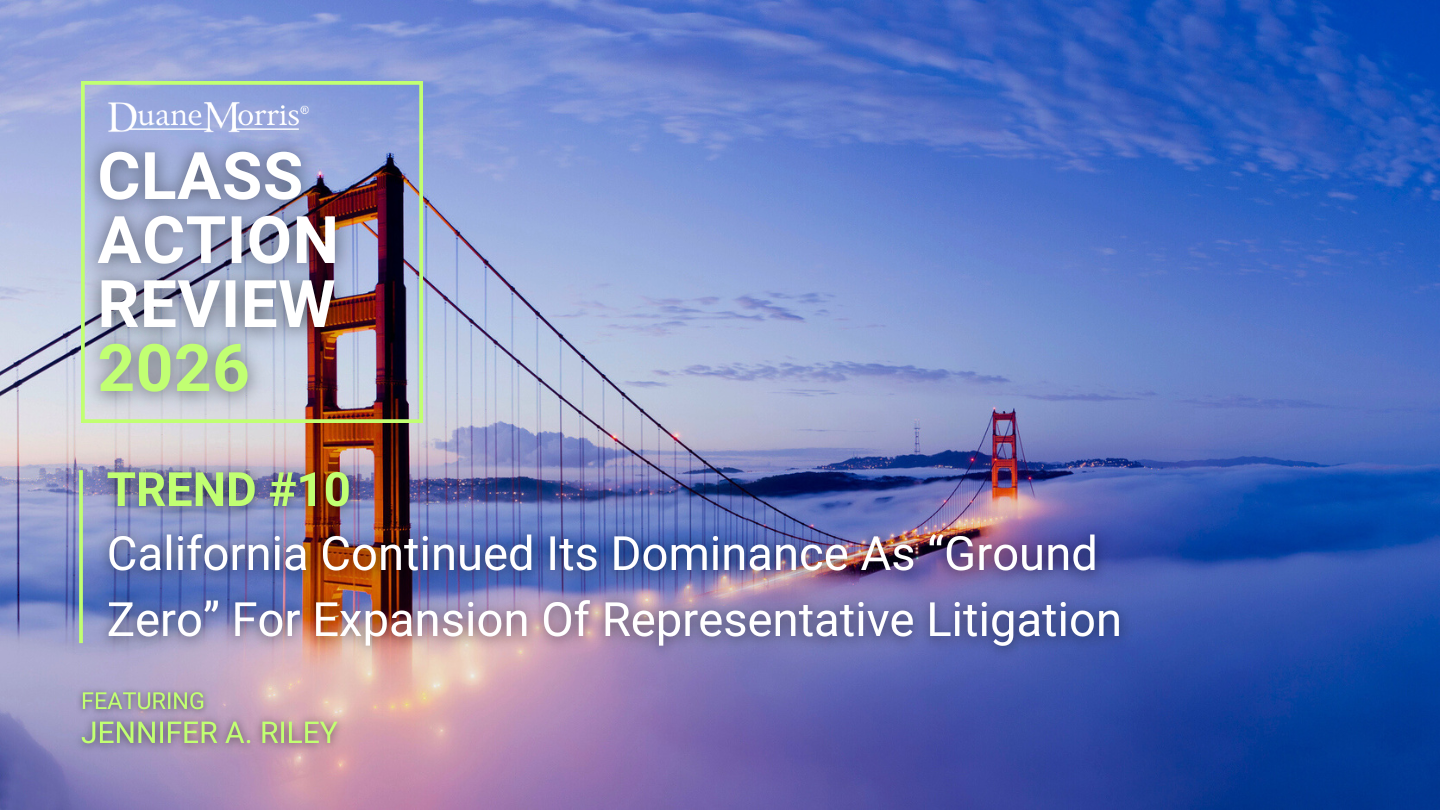

.png)
.webp)























